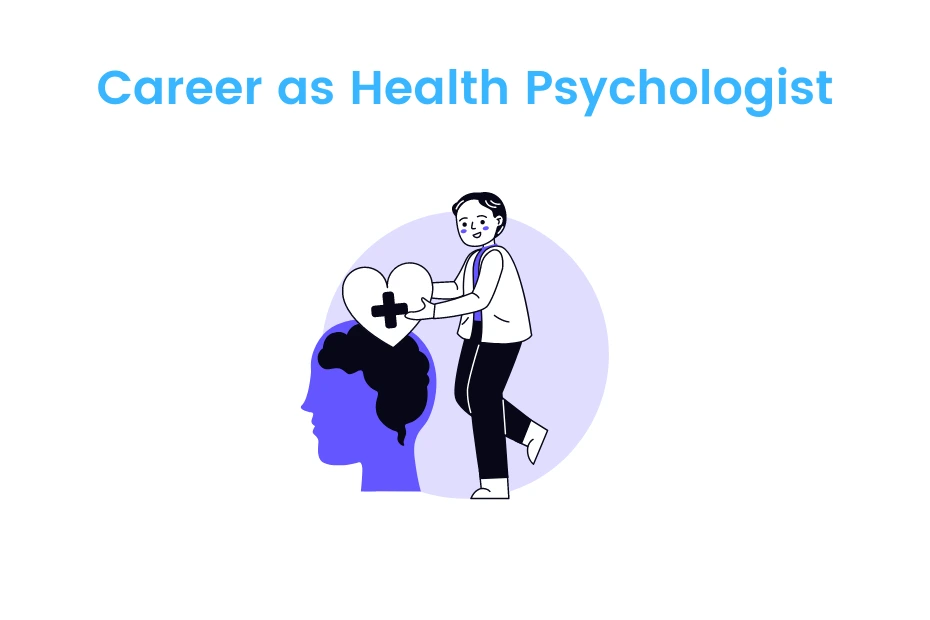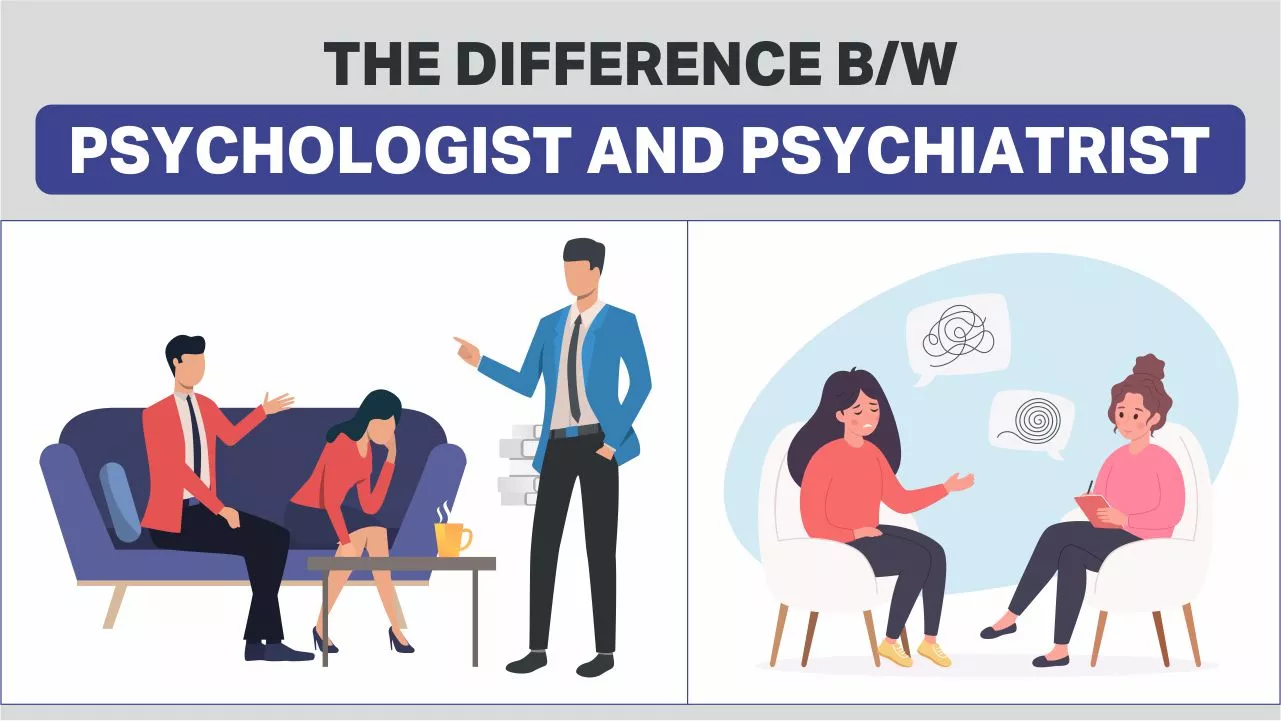Discover the Best Psychologist in Delhi for Effective Mental Health Assistance
Discover the Best Psychologist in Delhi for Effective Mental Health Assistance
Blog Article
Psych Treatment: A Comprehensive Overview to Methods and Outcomes

Cognitive-Behavioral Therapy
Cognitive-Behavioral Therapy (CBT) is a widely utilized psychotherapeutic strategy that concentrates on determining and changing useless thinking and behavior patterns. Developed in the 1960s by Aaron T. Beck, CBT combines cognitive and behavior theories to address different mental wellness concerns, consisting of depression, stress and anxiety, and stress-related problems.
CBT is characterized by its organized, ambitious nature. Treatment usually entails a collaborative procedure between the specialist and customer, where certain problems are determined, and functional strategies are established to address them. Strategies such as cognitive restructuring, direct exposure treatment, and skill-building exercises are commonly utilized. Cognitive restructuring entails difficult and altering negative thought patterns, while direct exposure therapy aims to lower anxiety and anxiousness via gradual exposure to been afraid things or circumstances.
Evidence-based research study supports the efficiency of CBT for a vast array of psychological conditions - Best Psychologist in Delhi. Its emphasis on ability purchase and self-help strategies empowers clients to continue development individually after therapy concludes. The versatility and performance of CBT have made it a cornerstone in modern psychotherapeutic method
Psychodynamic Methods
Rooted in the early concepts of Sigmund Freud, psychodynamic methods concentrate on exploring the subconscious mind and its influence on habits and feelings. These methods aim to reveal hidden thoughts and sensations that may be driving maladaptive behaviors and emotional distress. Central to this method is the idea of internal problem, commonly originating from unsettled previous experiences, specifically those from childhood years.
Therapists making use of psychodynamic techniques utilize numerous crucial methods, consisting of free association, where people are urged to speak freely to expose subconscious material, and desire evaluation, which analyzes the unrealized material of dreams. Furthermore, the expedition of transfer and countertransference characteristics within the healing connection is critical. These communications can give insights into the client's internal world and relational patterns.
Psychodynamic treatment is usually longer-term compared to other modalities, providing a deep and thorough understanding of the person's subconscious. Study suggests that it can be especially reliable for complicated psychological health problems, such as personality disorders and persistent anxiety. By fostering self-awareness and psychological insight, psychodynamic treatment seeks to bring unconscious material to awareness, allowing people to accomplish significant and long lasting adjustment in their lives.
Humanistic Techniques
Building on the structures laid by psychodynamic approaches, humanistic methods use a distinctive perspective concentrated on private prospective and self-actualization. Coming from in the mid-20th century, these strategies prioritize the inherent benefits and development potential of people, emphasizing an alternative view of human experience. Trick figures such as Carl Rogers and Abraham Maslow have considerably influenced this therapeutic strategy, which incorporates approaches like client-centered therapy and Gestalt treatment.
Client-centered therapy, created by Rogers, plays a pivotal role in humanistic methods. The specialist's duty is more of a facilitator than an authority, encouraging clients to harness their inner sources for recovery.
Gestalt treatment, one more crucial humanistic strategy, stresses present minute awareness and the assimilation of body and mind. By concentrating on the "below see here and currently," customers acquire higher insight into their current feelings and habits. Techniques such as role-playing and guided visualization are usually used to assist customers acquire a much deeper understanding of themselves, eventually leading to improved self-awareness and satisfaction.
Integrative Treatments
Integrative therapies stand for a synthesis of various healing techniques tailored to fulfill the special needs of each client. This method recognizes the intricacy of human psychology and the diverse nature of psychological health issues. By incorporating elements from different colleges of psychiatric therapy-- such as cognitive-behavioral therapy (CBT), psychodynamic treatment, and humanistic methods-- integrative therapies provide a more all natural and versatile therapy standard.
Experts of integrative treatment assess each client's details needs, symptoms, and personal history to devise a personalized treatment plan. This individualized strategy enhances the capacity for restorative success by addressing the source of emotional distress and advertising overall health. Methods might consist of mindfulness workouts, cognitive restructuring, and psychological processing, each selected to target different aspects of the client's article source problems.
Additionally, integrative treatments stress the healing relationship, viewing the client-therapist bond as a vital component of efficient therapy. This relationship cultivates a helpful atmosphere where clients really feel secure to explore and address their issues. The adaptability of integrative treatments makes them suitable for a wide series of problems, consisting of stress and anxiety, clinical depression, trauma, and social troubles, consequently boosting their applicability and effectiveness in varied professional setups.

Gauging Treatment Results
Evaluating the effectiveness of psychiatric therapy is vital for both medical professionals and clients to ensure that the therapy is producing the wanted end results. To achieve this, various techniques and devices are used to measure therapy end results systematically. Standardized assessment tools, such as the Beck Depression Supply (BDI) and the Generalized Stress And Anxiety Problem 7 (GAD-7), give quantitative data on signs and symptom seriousness and changes gradually.
In addition to standardized devices, qualitative approaches like client self-reports and medical interviews provide useful understandings right into the personal experiences and perceived progression of clients. Frequently set up assessments, normally at the beginning, omphalos, and end of therapy, assistance in tracking the trajectory of renovation or determining locations needing adjustment.
Outcome measurement is not limited to symptom reduction; it likewise includes practical improvements in day-to-day live, such as far better interpersonal connections, enhanced work productivity, and improved overall health. Modern developments in digital health and wellness have presented mobile apps and on-line platforms that assist in real-time tracking and feedback, even more refining the analysis process.
Inevitably, a comprehensive method to measuring therapy outcomes makes sure that healing treatments are efficient, efficient, and tailored to satisfy the individual requirements of clients, therefore optimizing the general restorative experience.
Final Thought
Humanistic techniques concentrate on personal growth and self-actualization, while integrative treatments incorporate numerous approaches for customized therapy strategies. Examining treatment end results via standard analyses and qualitative techniques ensures a comprehensive understanding of efficiency, ultimately leading clients toward withstanding mental health and wellness go to my blog enhancements.
From the organized approach of Cognitive-Behavioral Therapy (CBT) to the deep exploration of the unconscious in psychodynamic therapy, each approach brings distinct advantages. Its emphasis on skill procurement and self-help strategies equips clients to proceed development separately after treatment concludes (Best Psychologist in Delhi). Trick numbers such as Carl Rogers and Abraham Maslow have considerably influenced this therapeutic technique, which incorporates techniques like client-centered treatment and Gestalt therapy

Report this page